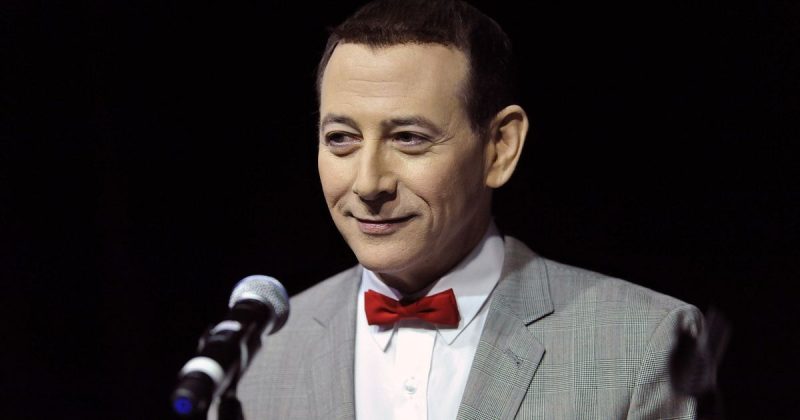The Emotional Connection To Celebrity Deaths

A beloved public figure’s death can be a shock many don’t expect. While many lean into their grief, others are surprised to experience a strong personal reaction: I didn’t know him, some have thought, so why am I this upset?
The truth is, there’s no rulebook when it comes to grief, explained David Kaplan, chief professional officer of the American Counseling Association. The emotion is so swallowing and vast that it’s hard to pinpoint why it manifests in the ways that it does. But just because we can’t explain grief doesn’t mean it’s invalidated, Kaplan said — and that especially goes for grieving a celebrity.
“We grow up with these people,” Kaplan told HuffPost. “We see their movies, we hear their music on a regular basis and we really get to know them. In a sense, they become a member of our family — especially the ones we really like — so when they die, it’s like an extended member of our family dies. It’s somebody we feel like we know.”
These deaths also feel so personal because they resonate with us on a deeper, psychological level. We may grieve celebrities because our dream was to emulate their career path or because a celebrity death can also remind us of our mortality, Kaplan noted.
In the age of digital media, these feelings of loss — and eventually healing — are only intensified by the outpouring of new information, social media updates, essays and news articles at lightning-fast speed.
“We are social creatures, we are meant to be with other people when we face adversity,” Kaplan said. “That’s going to mean different things for different generations. It may mean physically being with people … or it could also extend to online. You can get hundreds of people saying, ‘I know what you’re going through.’ And that’s very healing for us.”
As business coach and HuffPost blogger Samantha Jeffries writes, the deluge of tweets and Facebook statuses only deepen the loss of a celebrity — but they also provide a personal arena for support.
“With the ability to share in the death and grief on social networks there is a feeling of needing to be a part of that,” she theorized. “There is a sense of community in those who are grieving together by posting thoughts on social media. It is almost as if we are a part of it sharing our own thoughts and experiences for others to read.”
The passing of someone so admired, whose life was in the public sphere, also automatically creates a universal human connection, Kaplan said. When prompted, most of us can remember exactly where we were when we heard Whitney Houston died, for example.
“We want to know that we’re not alone,” he said. “So when I feel sad over a celebrity, I want to know that there are other people also feeling this way. That [connection] is very helpful.”
For those who may be mourning the loss of a celebrity, Kaplan offers these tips and reminders:
There’s no wrong way to grieve.
Just because you’re mourning a celebrity doesn’t make your grief any less important, Kaplan said. Some people can feel a greater connection to one person than they do another — whether it’s your parents, a friend, a pet or a public figure.
“Grief is very different for different people,” he explained. “We have a tendency to compartmentalize grief and say that we should grieve a certain way depending on the person. But grief is grief and people act in very individual ways.”
Seek help when it becomes too much.
Kaplan stresses the importance of seeking professional help if your grief becomes too overwhelming. “Grief is a normal, natural function,” he said. “But if it starts to interfere with your life, that’s when it needs to be addressed.”
Take advantage of certain avenues to express your loss…
Connecting with others, whether it’s through people or you know or through social media, makes a huge difference in the healing process, Kaplan explained. However, there’s also no harm in taking advantage of professional services. Counselors, psychologists, psychiatrists and even professional hotline numbers and websites are all available if you need to talk through your grief, Kaplan said.
…But be mindful of your words.
The benchmark of depression, Kaplan said, is a lack of energy and will to do everyday functions like work or just be happy. And while everyone mourns differently, it’s important to notice the difference — it could help the healing process.
“People throw around the word ‘depressed’ a lot,” he said. “Depression is a clinical term — and a lot of times when people say they’re depressed, they really mean sad. The words that we use are very powerful and it’s important to make that distinction.”








